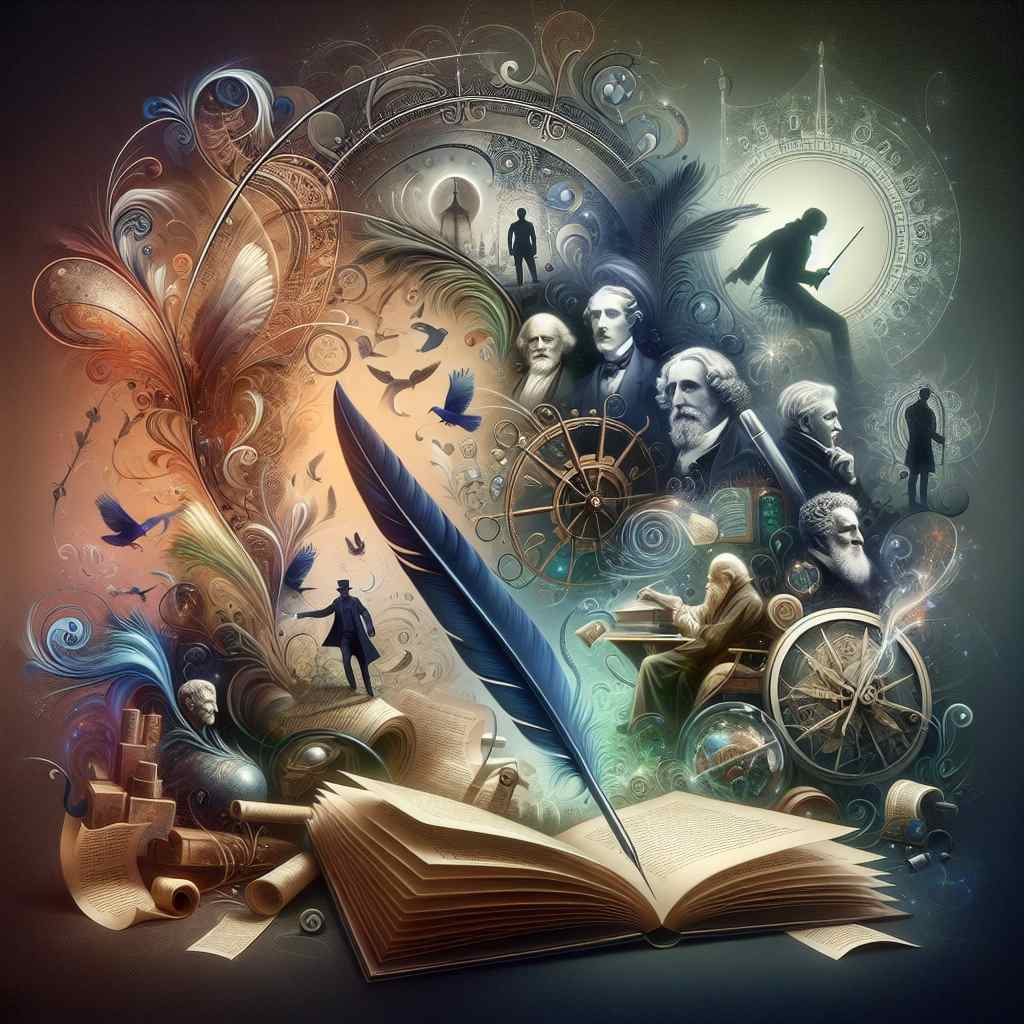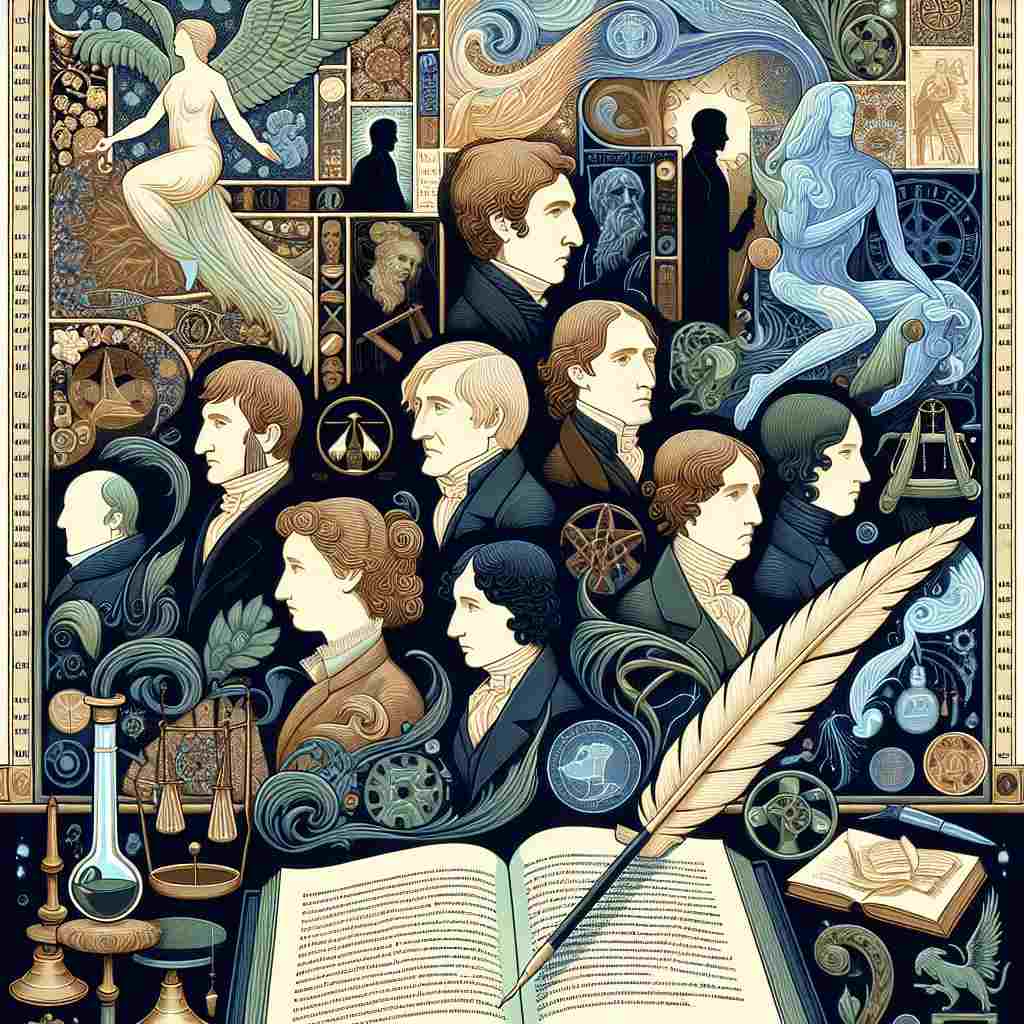In a world where urbanization is continually encroaching upon natural landscapes, the art and science of landscaping offer an oasis of tranquility and beauty. Landscaping is not merely about arranging plants and stones; it’s a harmonious blend of creativity, science, and a profound understanding of the environment. As an avid gardener and landscaper, I have found immense joy and fulfillment in transforming ordinary spaces into extraordinary sanctuaries of nature. Here, I share insights and tips on how you too can embark on this rewarding endeavor.
The Foundations of Landscaping
Landscaping is an intricate dance between nature and design. It involves the thoughtful planning and execution of outdoor spaces, ensuring that every element complements the other to create a cohesive and aesthetically pleasing environment. Here are the foundational pillars of effective landscaping:
- Understanding the Land:
Every piece of land is unique. Before starting any landscaping project, it’s crucial to understand the topography, soil type, and climate of the area. Conducting a soil test can provide valuable information about nutrient levels and pH balance, guiding your plant selection and soil amendment strategies. - Design with Purpose:
A well-thought-out design is the cornerstone of a successful landscape. Begin with a vision of how you want the space to look and feel. Consider the functionality of the space – do you want a serene retreat, a vibrant garden, a play area for children, or an entertainment zone? Sketch a rough layout incorporating elements like pathways, water features, seating areas, and plant beds. - Plant Selection:
Choosing the right plants is crucial for the sustainability and beauty of your landscape. Opt for native plants as they are well-adapted to the local climate and require less maintenance. Mix perennials and annuals to ensure year-round color and interest. Consider the growth habits, height, and spread of plants to prevent overcrowding and ensure a balanced look.
The Aesthetic Elements
While functionality is essential, the aesthetic appeal of a landscape cannot be overlooked. Here are some elements to consider:
- Color Palette:
Select a color palette that complements the surroundings and evokes the desired mood. Cool colors like blues and purples create a calming effect, while warm colors like reds and oranges add vibrancy and energy. - Texture and Form:
Incorporate a variety of textures and forms to add depth and interest. Combine plants with different leaf shapes, sizes, and surface textures. Integrate elements like rocks, gravel, and mulch to enhance the visual appeal. - Focal Points:
Every landscape should have focal points that draw the eye and create a sense of order. This could be a striking tree, a sculpture, a water feature, or a carefully designed flower bed.
Sustainability in Landscaping
Sustainable landscaping is about creating beautiful spaces while being mindful of the environment. Here are some sustainable practices to incorporate:
- Water Conservation:
Use drought-resistant plants and install efficient irrigation systems like drip lines to minimize water usage. Collect rainwater in barrels for watering plants. - Soil Health:
Maintain soil health by adding organic matter like compost and mulch. Avoid chemical fertilizers and pesticides, opting for organic alternatives instead. - Wildlife Habitat:
Create a habitat for local wildlife by planting native species that provide food and shelter. Incorporate bird baths, feeders, and nesting boxes to attract birds and beneficial insects.
The Joy of Landscaping
Landscaping is more than a hobby; it’s a form of artistic expression and a way to connect with nature. The process of planning, planting, and nurturing a landscape brings immense satisfaction and a sense of accomplishment. It’s a dynamic and evolving art form, where each season brings new colors, textures, and experiences.
In conclusion, landscaping is a harmonious blend of creativity, science, and environmental stewardship. Whether you have a sprawling garden or a small backyard, you can create a beautiful and sustainable landscape that enhances your living space and nurtures your soul. So, roll up your sleeves, grab your gardening tools, and embark on the delightful journey of landscaping. Your little piece of paradise awaits!


